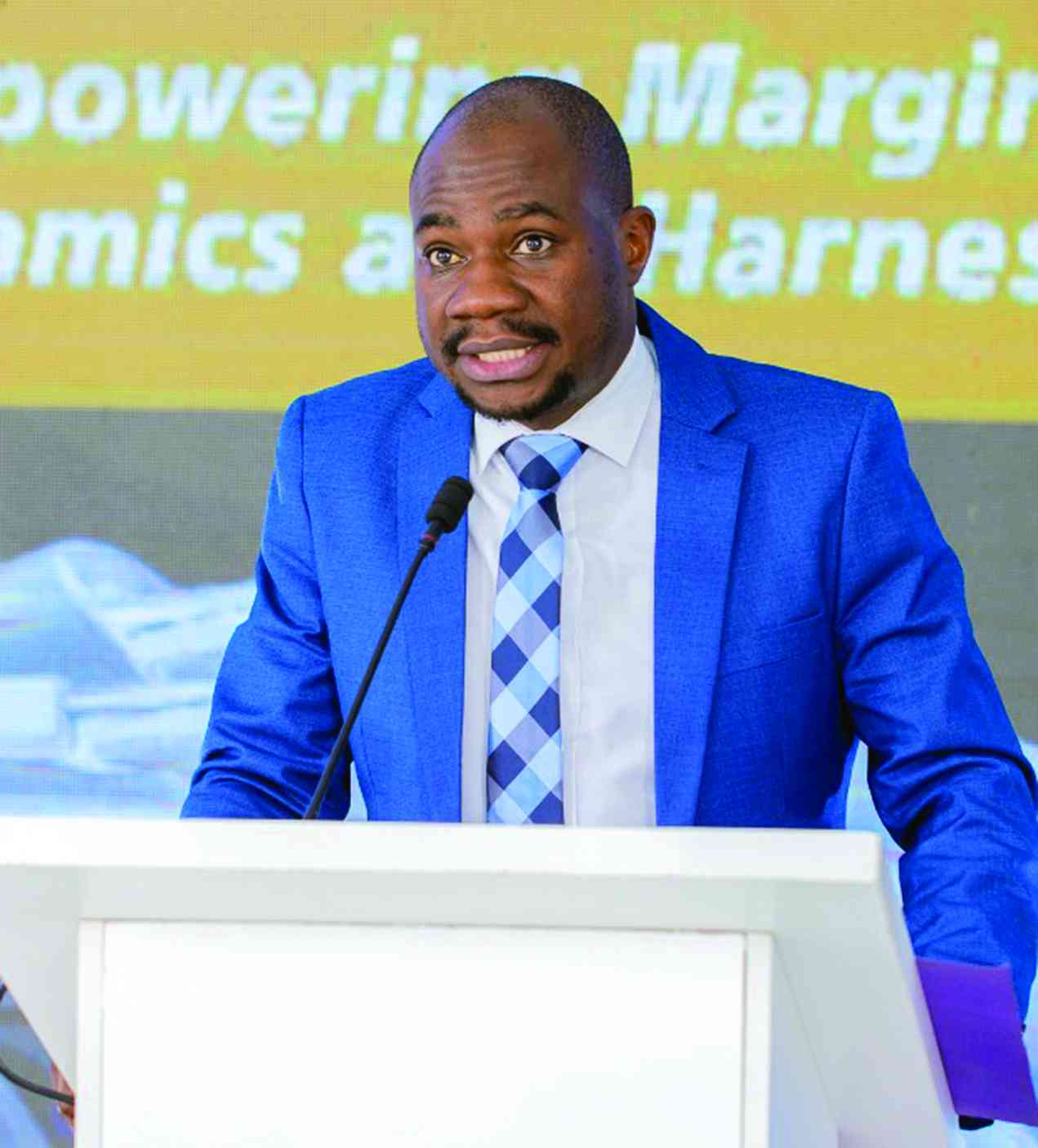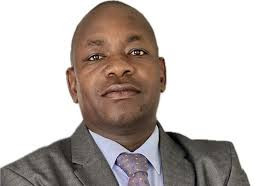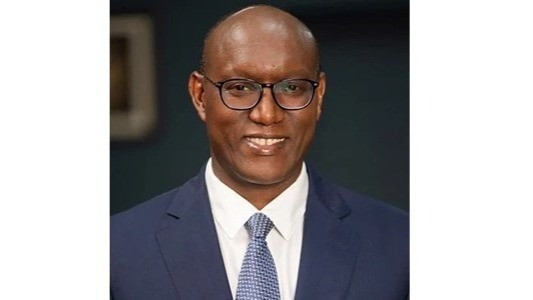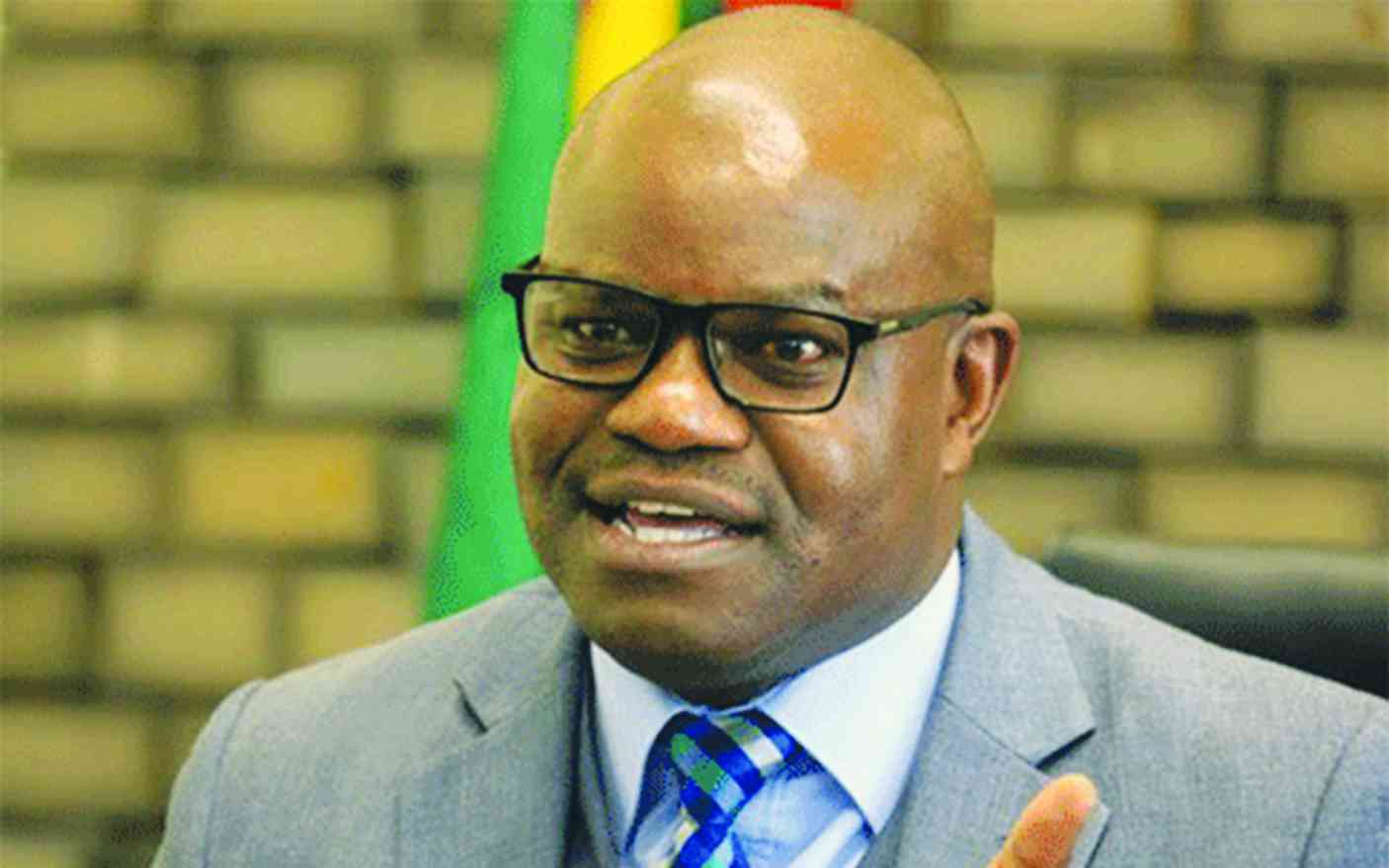
THREE of Zimbabwe’s leading media experts have called for urgent reforms to end the weaponisation of the law against journalists, strengthen media independence and ensure a safer environment for reporters as the region prepares for the Southern Africa Media Summit (SAMS) to be held in Harare next week.
Media Institute of Southern Africa (Misa) director Tabani Moyo, Zimbabwe Union of Journalists (ZUJ) secretary-general Perfect Hlongwane and Media Alliance of Zimbabwe (MAZ) coordinator Nigel Nyamutumbu said while Zimbabwe had made some progress in improving its press freedom record, the gains remained fragile amid continuing political interference, restrictive laws and economic pressures that are eroding the viability of independent journalism.
Moyo said the recent arrests of Heart & Soul TV journalist Blessed Mhlanga and Zimbabwe Independent editor Faith Zaba had cast a shadow over what was otherwise a positive trend in media freedom indicators.
“Zimbabwe has witnessed a decline in the number of media freedom violations in the last three years, thereby improving its global world press freedom rankings,” he said.
“However, the arrests of the journalists through lawfare and the weaponisation of the law intimidate journalists and muzzle independent voices.
“Where aggrieved parties feel the media has misfired, they should instead demand for right of reply as opposed to arresting journalists as this instils fear and self-censorship in the media and restricts it from effectively fulfilling its watchdog role thereby impacting on citizens’ right to access to information and freedom of expression for accountable and transparent governance.”
He warned that certain provisions in the Cyber and Data Protection Act, particularly those criminalising so-called false data messages, unjustifiably limit freedom of expression and promote self-censorship.
“These false news offences promote self-censorship and unjustifiably infringe on freedom of expression, media freedom and citizens’ right to access information for informed choices and decisions,” Moyo said.
- The story behind Zim media’s coverage of China
- Bridge information gap: Misa
- Obituary: Abigail Gamanya was more than a media icon
- Act on violence, discrimination against journalists
Keep Reading
“There is need to revisit provisions of the Cyber and Data Protection Act, which impact freedom of expression and media freedom.”
Moyo also urged government to adopt and localise the United Nations Plan of Action on the Safety of Journalists, saying this would help end impunity for crimes against media professionals.
“Impunity harms societies by concealing serious human rights abuses, corruption and crime. Governments, civil society and the media should uphold the rule of law and join in the global effort to raise awareness of the need to end impunity for crimes against journalists,” he said.
Hlongwane said journalists in Zimbabwe continue to operate in a “confused and difficult environment”, where periods of progress are often followed by regression.
“We seem to make some progress in curating an environment that we all envisage and want, but we then regress through new laws and even the violations on journalists by the state and its actors,” he said.
“We have private media, which are in most cases at the receiving end of political interference due to their critical reportage on government and its functionaries.
“We have seen threats of violence, arrests and lawsuits aimed by the state functionaries on private media and journalists, which is aimed at silencing reportage.”
Hlongwane identified several laws that he said remain restrictive, including the Criminal Law (Codification and Reform) Act, the Interception of Communications Act, the Cyber Security and Data Protection Act and the Official Secrets Act.
“Any law that takes away the rights and freedoms of journalists and the media as given by the constitution of the country,” he said.
“We regard any law that minimises the space for journalists to operate freely as restrictive and this does not just apply to journalists working for private media but everyone operating within the space.
“We have for long been advocating for media law reforms and have managed to secure some incremental gains with the abolition of laws such as Access to Information and Protection of Privacy Act and the enactment of a more progressive law, Freedom of Information Act, the licensing of other players, especially in the broadcasting sector,” Hlongwane added.
While recognising government’s willingness to engage with media stakeholders on some reforms, he said the state should do more to demonstrate that it respects the role of the media as a critical pillar of democracy.
“The media is the Fourth Estate and one of the critical pillars of the state,” Hlongwane said. “The state should not develop an acrimonious attitude towards the media. It must never be ‘us versus them’.”
He also emphasised that media houses should take responsibility for the safety and welfare of their employees, through training, digital security and social protection mechanisms.
“The safety of journalists is primarily the responsibility of the organisations they work for and it should be a priority …”
Nyamutumbu said the state of media freedom in Zimbabwe can best be described as one of “contradicting realities”, where modest gains in policy and access coexist with persistent political, legal and economic challenges.
“On one hand, there are some notable improvements and progress yet on the other there are existential sustainability challenges, excessive political interference and a climate of fear due to non-guarantees of freedoms after speech,” he said.
“The cases of the arrest of journalists working for independent media and litigation of public participation and private media houses have had a chilling effect on media freedom and free expression in Zimbabwe.”
Nyamutumbu said the economic environment had also crippled independent journalism, as state-linked advertisers and politically-exposed companies often shun private media outlets.
“The government, which is a key stakeholder in investing in the media as an advertiser, has done little to support independent media and some corporates that work with the state are hesitant to advertise in privately-owned media for political reasons,” he said.
“This has crippled the operations of independent media and by extension the quality of specialised and investigative media.
Nyamutumbu said MAZ has been recognised by government as a policy implementation partner.
“We will continue pushing for legal reforms and for policies that create a freer media environment,” he said.
The SAMS is a two-day hybrid event in Harare organised by Alpha Media Holdings’ Heart & Soul Broadcasting Services, in partnership with the Friedrich Naumann Foundation, Zimbabwe Lawyers for Human Rights, the Centre for Human Rights at the University of Pretoria, ZimRights, Orbit International Youth Organisation and the Global Social Movement Centre.
The summit will bring together journalists, editors, policymakers, civil society leaders and international partners in a united call to defend press freedom and strengthen democratic resilience in the region.
The gathering takes place amid growing concern over shrinking media space across Southern Africa, where journalists continue to face political interference, restrictive legislation, financial constraints, and threats to their safety.
As Moyo put it: “Media freedom is not just a journalists’ issue — it is a public right. Protecting it protects democracy itself.”











